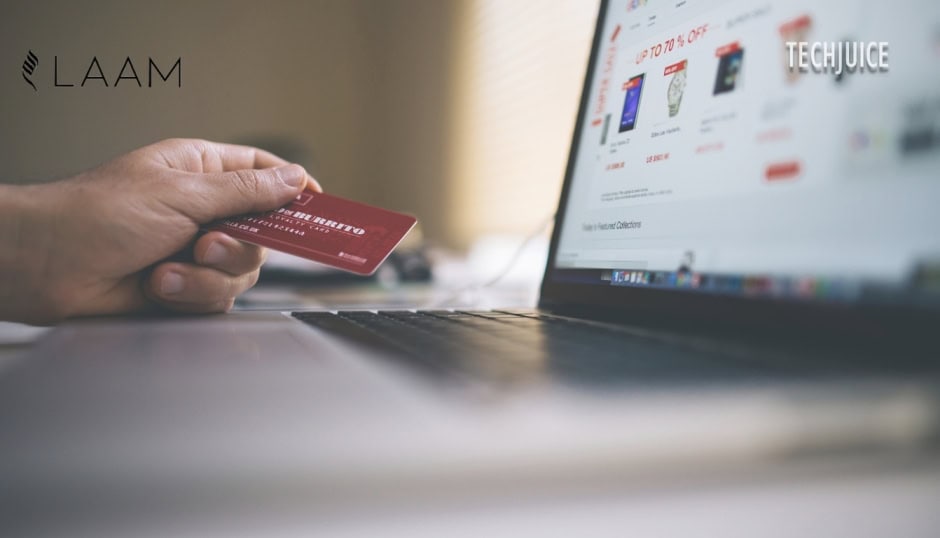Laam, a Lahore-based online marketplace, has secured $5.5 million in an all-equity seed round led by Disrupt.com and Zayn VC to address the growing demand for South Asian fashion globally. The platform, founded by Arif Iqbal in January 2021, aims to provide a broad selection of ethnic apparel and footwear, overcoming the limitations of existing platforms that often focus on specific demographics with limited design choices.
Laam is currently dealing with over 100,000 products casual, ethnic, and formal men’s, women’s, and kid’s wear from almost 1200 Pakistani sellers. Its clientele is over 100 countries with a significant focus on the US, Canada, the United Kingdom, and the Middle East. The new funding will see Laam move outside of Pakistan first to the UAE and then to the United States.
Arif Iqbal is a tech entrepreneur with over a decade of experience at companies like Meta, Pinterest, Microsoft, and eBay and is in the process of using his Lahore-based online marketplace Laam to fill the existing demand in the global market for South Asian fashion. The platform recently closed a $5.5M all-equity seed round with Disrupt.com & Zayn VC.
While living in the U.S., Iqbal recognized the lack of accessible South Asian fashion for ethnic communities, despite the availability of South Asian cuisine and cricket grounds. After returning to Pakistan during the COVID-19 pandemic, Iqbal founded Laam in January 2021, enlisting his former Microsoft colleague Ahmed Muneeb to develop the product and his younger brother Amir Iqbal to establish the supply chain. Fashion enthusiast Sahar Arif joined the team as the fourth co-founder.
Laam now offers over 100,000 curated items, including casual, ethnic, and formal wear, footwear, and accessories for men, women, and children. With over 1,200 Pakistani sellers, the platform serves customers in more than 100 countries, with the U.S., Canada, the U.K., and the Middle East as its top markets by revenue. Despite having over 300,000 buyers in Pakistan, the country ranks second in revenue.
Utilizing data and machine learning, Laam personalizes user experiences, providing tailored recommendations based on product details, size, and availability. There is also a chatbot and a structured search on the platform to make the shopping experience even better. For the sellers, Laam has basic utilities like shipping, storage, algorithms for product images, and inventory solutions. The platform allows sellers to communicate with it through an app, place shipping orders, and control deliveries via automation.
Besides the consumer marketplace, Laam has Octane, which is an infrastructure services assistant that assists local companies in developing online presences and conquering the global market. Octane is at the moment in more than fifty businesses that have chosen to sell their products through Laam.
Besides the consumer marketplace, Laam has Octane, which is an infrastructure services assistant that assists local companies in developing an online presence and conquering the global market. Octane is now in more than 50 businesses that have chosen to sell their products through Laam.
Although Laam faces competition from local platforms like SanaullaStore, Bagallery, and Clicky, as well as established retail brands like ETHNC and Sapphire, Iqbal believes Laam’s wide product catalog sets it apart.
The $5.5 million funding round also attracted Graph Ventures, Mentors Fund, and other senior tech talents from Oracle, Microsoft, Google, and Salesforce. This investment will enable Laam to grow, starting with an office in the UAE, and the plan to open an office in the United States.
Laam is positioning itself for growth at a time when the total volume of the startup ecosystem in Pakistan is starting to contract. Pakistani startups have received 65% less funding on a YoY basis as per Tracxn data from $35 million in 2023 to $12.3 million in 2024. However, Laam’s success is an indication of the increasing market for fashion from the South Asian region.












